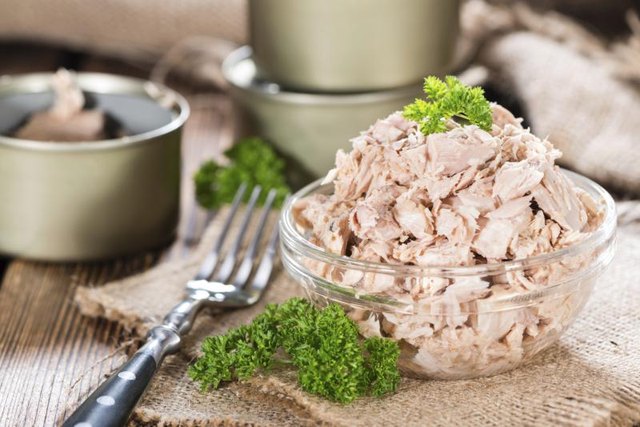
Many hospital staffers, factory workers, security guards and even white-collar employees are just starting their workdays when other people are going to bed. On the night shift, normal eating and sleep routines are disrupted. To avoid weight gain, digestive problems, insomnia and increased risk for disease, make sure your night shift diet minimizes processed and fatty foods, emphasizes healthy snack choices and limits caffeine.
Time for Dinner
Instead of waiting until you start work on the night shift to eat your biggest meal of the day, have dinner well before you report to your job. This will give you energy to perform your work effectively and will be less disruptive to your regular schedule. The group Dietitians of Canada recommends eating at around 6 p.m. if you are working overnight. That way, you can enjoy a nutritious meal with your family instead of fried or fatty cafeteria fare, and you’ll avoid the digestive problems like heartburn and constipation that may occur when you eat a heavy meal too late at night.
Night Shift Dinner Choices
If you wait until you’re at work to have dinner, make your calories count. Choose lean protein like poultry, tuna or beans and fiber-filled whole grains and vegetables for sustained energy to help you power through your shift. But what if your cafeteria offers less than nutritious fare or you have to rely on fast food for your meal? Consider brown-bagging it, especially if your workplace has a microwave and refrigerator. Pack a turkey sandwich on whole-wheat bread, for example; a brown rice salad made with chicken breast or tofu and chopped veggies; or a hearty vegetable and bean soup.
Snacks for Shift Workers
Unless you’re an ER staffer or an assembly-line worker, the night shift can get boring, and you may find yourself turning to snacks to make time pass more quickly. In fact, snacking behaviors tend to increase among night shift workers, according to an article published in “Sports Medicine” in 2008. Pack healthy, protein- and fiber-rich snacks to fill you up so you can bypass the sugary and salty fare stocked in many workplace vending machines. Bring low-fat Greek yogurt and a handful of almonds; hummus and carrots; string cheese with a piece of fresh fruit; or nut butter with whole-grain crackers and apple slices.
Hydrating Beverages
Drinking plenty of fluids on the night shift helps you stay hydrated so you remain alert. Sip water, herbal teas and low-sodium vegetable juices to prevent dehydration. The caffeine in coffee will give you a boost that banishes grogginess, but it can cause the jitters. In addition, caffeine can stay in your system for up to eight hours, disrupting sleep after your shift. Limit caffeine to 400 milligrams a days -- no more than four small cups -- and stick with noncaffeinated beverages within four hours of bedtime, the Dietitians of Canada website advises.
www.livestrong.com





No comments:
Post a Comment